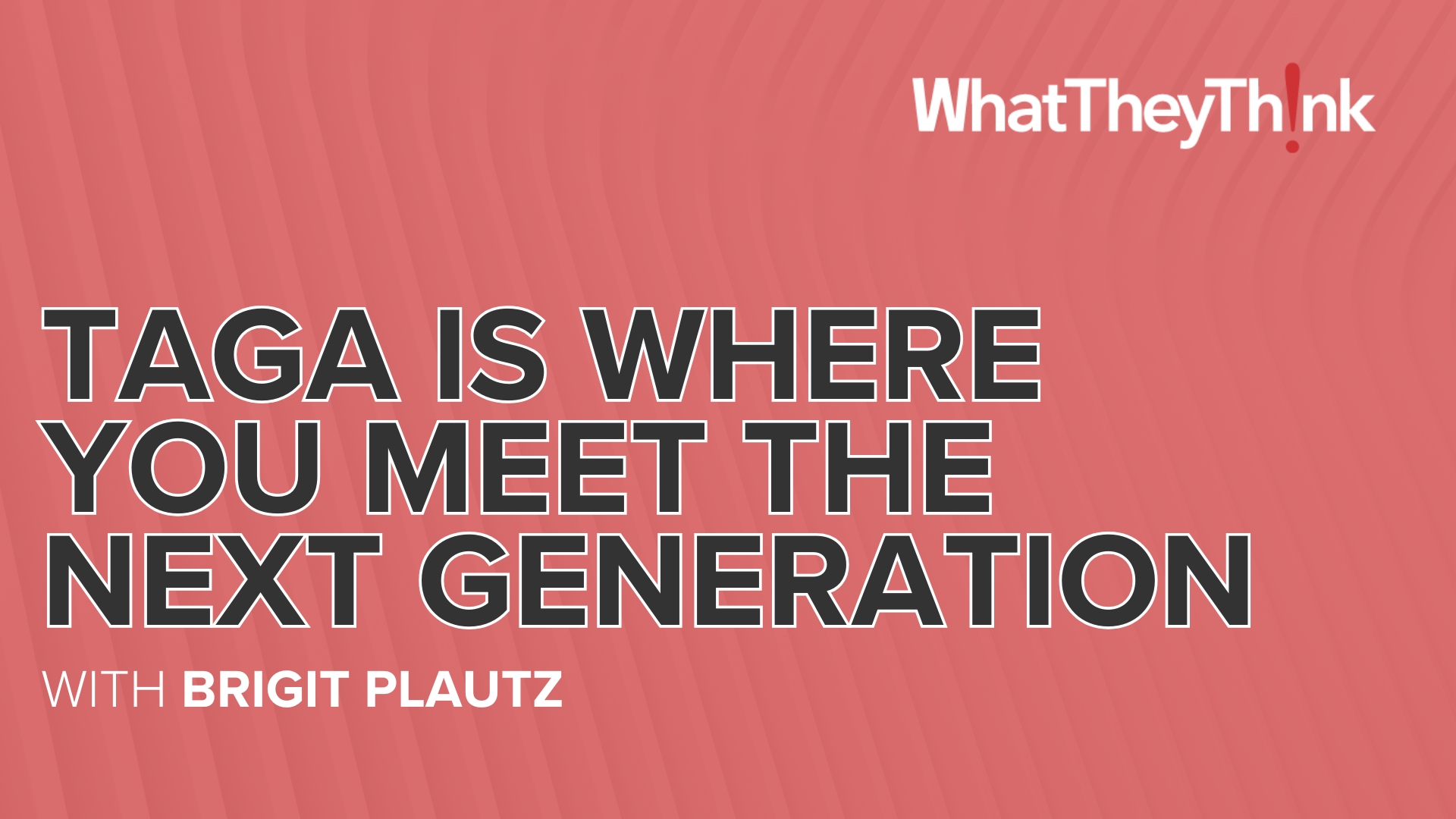Ah, lessons learned. The first is that laptop batteries never last as long as you think they will, while the second is that finding and capturing scarce electrical outlets in a large hotel ballroom requires a certain hunting-and-gathering skill that I sorely lack. (Finding coffee without leaving the building is also quite the task.) Oh, and another lesson learned was that some Amtrak riders cannot mentally comprehend the apparently complex and intellectually challenging concept of the "quiet car." Perhaps cellphones do cause brain damage; compelling evidence abounds.
Anyway, I am down in New York City for one more day of ad:tech New York, a showcase and conference for digital and interactive marketing. If the environment Tuesday was fraught with anticipation and expectation, then today there is a palpable sense of excitement (if not hangover). If the economy could be powered on hope, optimism, and enthusiasm, we'll be all set--if the crowd of marketing and advertising movers and shakers is any indication. On a more pertinent note, keynote speaker Shelly Lazarus, Chairman and CEO of Ogilvy & Mather Worldwide, in her talk entitled "Dispatches from the Digital Frontier," described how this was the election in which campaigning really went digital and, as she put it, "the more digital candidate won." Indeed; Barack Obama won perhaps an only slightly less (or maybe more, depending on your view) prestigious award in being named Advertising Age's "Marketer of the Year." Indeed, the Obama campaign used every tool in the interactive marketer's book, including social media (MySpace, Facebook), text messaging, Twitter, in-game advertising (xBox), ringtones, iPhone apps,even sweepstakes--and of course a state of the art Web site. (Oh, and believe me, print was not left out of the mix, if my mailbox was any indication!) But, said Lazarus, perhaps the most important strategy the campaign used--and one that is a metaphor for the way that marketing has to happen--was that it forged a direct communication between candidate and voter in a way that no campaign had done in the past; it was a constant dialogue using a variety of media channels. As a result, there was a sense of connectedness (and it may very well be illusory, like most things in politics) that voters--especially younger voters--had never felt before.
Other aspects of the campaign--even tangential ones--also highlighted the increasing media mix. For example, Lazarus pointed out that 2/3 of the people who saw the Tina Fey as Sarah Palin on Saturday Night Live did not see it live, burt rather either via YouTube or Tivo. And user-generated content (like video) was also (eventually) used by the McCain campaign.
Lazarus' keynote provided a variety of other "success stories"--and some of them even involved print! I will round some of these up in my second of two reports from ad:tech on WhatTheyThink proper. Oh, and I will also mention how the head of Google's Creative Lab cited a print ad an example of one way in which the role of "creative" is being redefined in advertising and marketing today.















Discussion
By Michel Jahn on Nov 06, 2008
Yes, indeed - related to your comment on "Marketer of the Year" - this should have been awarded to David Axelrod, his campaign manager - not Obama - Obama was the product, Axelrod was the genius behind the marketing methods and execution.
Google is very interested in print ads in publications - especially when they contain a bar code that can be captured with your Andriod equiped phone that brings you to a web page.
http://www.alleyinsider.com/2008/1/googles_newspaper_ads_big_hopes_for_small_barcodes_goog
By Adam Dewitz on Nov 06, 2008
Michael, Obama's campaign was awarded Advertising Age's marketer of the year for 2008: http://adage.com/moy2008/article?article_id=131810
By Michel Jahn on Nov 07, 2008
Yes, I know that Obamas campaign won - not Obama - I was just pointing out that few people know who designed and developed this 'Web 2.0' campain that captured 2/3 of the 18-29 voter - David Axelrod.